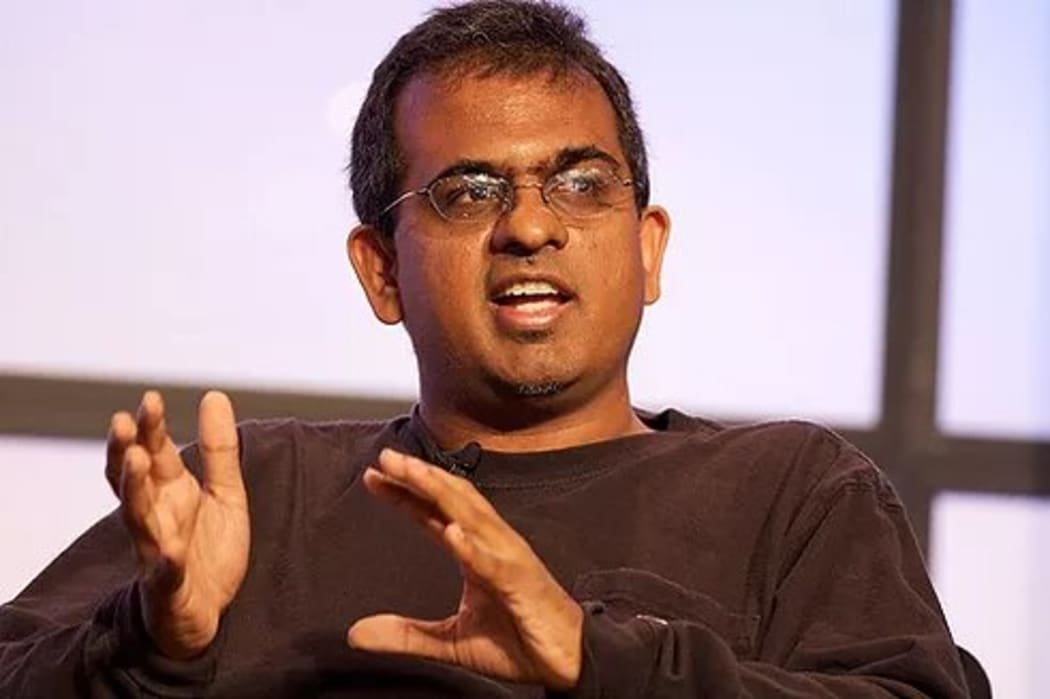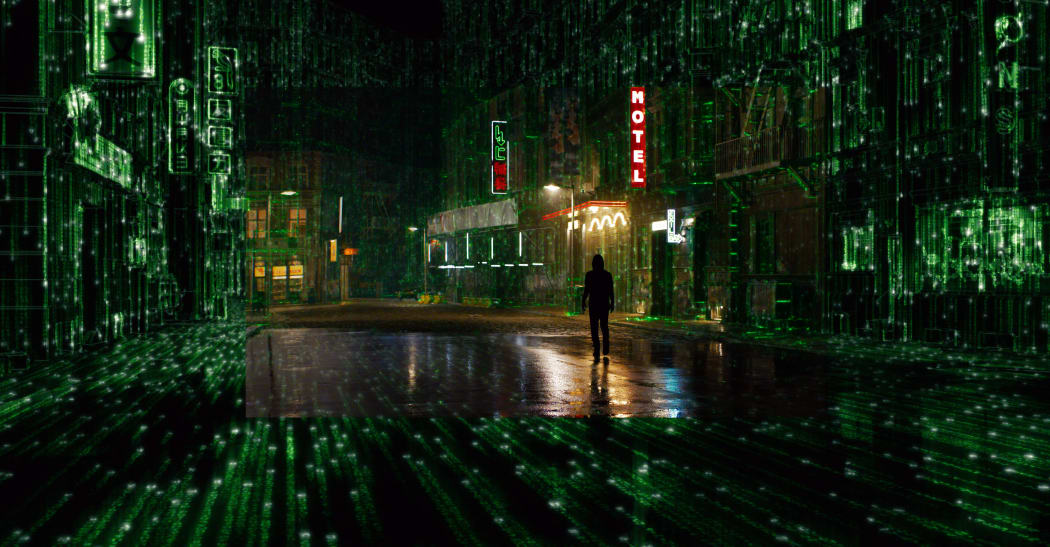In 2019, computer scientist and video game pioneer Riz Virk wrote a book called The Simulation Hypothesis, which outlined the 10 stages of technology development that would take us to the Simulation Point, where we won't be able to distinguish our virtual worlds from the physical world.
Virk, who works at Arizona State University's College of Global Futures, came to the conclusion that if our civilisation could reach this point, then some advanced civilisation elsewhere in the universe had probably already done so, and that we are already inside one of their Matrix-like virtual worlds.

Computer scientist and video game pioneer Riz Virk. Photo: Supplied
The term ‘metaverse’ was coined in the 1992 science-fiction novel Snow Crash, where people used digital avatars of themselves to explore the online world, and it partially came to reality with games like Second Life, released in the early 2000s.
What we’re seeing now is an expansion of that vision or “metaverse 2.0”, Virk says, with several major companies like facebook and Microsoft developing their own metaverse platforms.
He believes there will be much a larger adoption of these platforms among younger people, because they would have grown up with them.
“I think young people today already spend quite a bit of time as avatars in the virtual world.
“So that comes very naturally to the next generation just as with millennials doing things online was much more natural than for those of us who grew up in an earlier time where we used to watch television.
“It may not necessarily be that you need this toaster sized headset. In fact, I think the vision is over time the glasses will get smaller and smaller but there is a vision of the metaverse being a place you can explore with a digital identity, which is an avatar, without necessarily needing this extra hardware and you can do it right from within a web browser, so there’s different competing visions of what the metaverse will actually be.”
AI characters, which Virk believes will be developed to live in the metaverse within a decade, have come so far that we now face the issue of whether they can be distinguished from humans, he says.
“Within Google, there’s a technology that has sort of passed the Turing Test for voice.
“It’s called Google Duplex, it would make a call and say set up an appointment for you at say a hair salon and they wouldn’t know that it was an AI.
“So, this issue has come up, not just ‘can AI do these things?’ but ‘how should AI identify themselves?’ so that you know you’re talking to an AI and not a person.”
The simulation hypothesis – the idea that we would one day create our own artificial multiverses and from that, we could also assume we are already in a simulation – was popularised by Oxford Professor Nick Bostrom in the early 2000s.
Virk tells Jim Mora we’re about halfway through the 10 stages of technology development, which he outlines in his book, that could take us to the simulation point in about 100 or 200 years.
“As we go through and build BCIs [brain computer interfaces], as we go through and have AI that can pass the Turing Test, we’ll also get to what I call a stage of downloadable consciousness, we can take our consciousness and download it into a computer and run it, and at that point we reach the simulation point.
“At that point, we can create simulations that are completely indistinguishable from physical reality and we wouldn’t have any idea, the resident of that simulation wouldn’t have any idea, they were in a simulation.
“The idea is they would create lots and lots of simulations, maybe billions of them with trillions of simulated beings, so there are more simulated beings and more simulated worlds than physical beings or physical worlds. So statistically if you’re a being, and you can’t tell if you’re in a simulation or not, which one are you more likely to be in?
“That’s how the argument [of simulated hypothesis] goes.

There are different version of the simulation hypothesis, one of which speculates we could plug into a Matrix-like world and forget about the real world, just as in the movie, says computer scientist Riz Virk. Photo: Warner Bros. - Village Roadshow / Collection ChristopheL via AFP
“If we can get there in a couple hundred years, how long would it take for a civilisation that was around 1000 years or 10,000 years, what could they build? They could certainly build matrix-like simulations which raises the possibility that someone somewhere has already done this, and we are inside that simulation, we just don’t know it.”
But why would we or anyone run computer simulations?
“We run them to see what will happen, so what will happen in the pandemic? What will happen with the weather? What will happen to population growth, what will happen to the climate over time and so when run these simulations, there are these things called complex processes,” Virk says.
“Complexity theory tells us that sometimes you have to run the entire simulation and let it run to see what will happen.”
On the assumption the hypothesis is true, then the worry, as one philosophy professor wrote in a New York Times op-ed, is whether this Earth simulation might be shut down, Virk says.
“But that depends on what the point is of the simulation, perhaps the point of the simulation is to figure out if we ever reach the simulation point ourselves.
“It’s sort of a troubling thought in a way but on the other hand, there are ethical issues that come from running simulations, turning simulations off or on, and it gets back to this idea of ‘who are the simulators?’
“And so you said it could be these super intelligent civilisations out there, it could also be us, we could be members of that super intelligent civilisation who have decided, for whatever reason, to create what’s called an ancestor simulation, which is a simulation of the past.
“That said, given all the things that are going on, I doubt they’ll [the programmers] get bored too soon … So I have a feeling whatever this simulation is supposed to accomplish, it’ll take a little while before they’re able to see what happens when they let it run for that long.”

